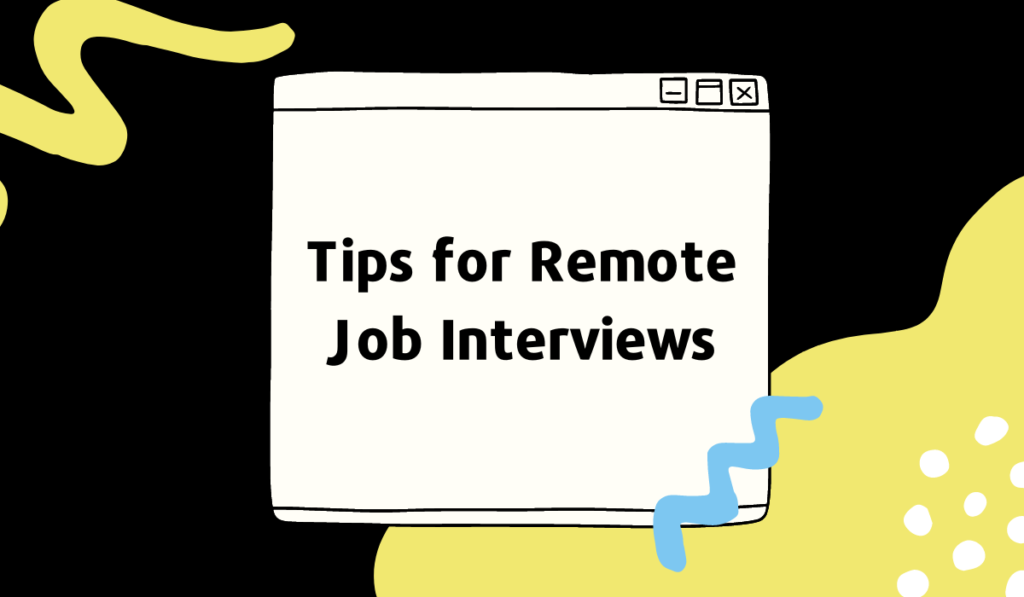Contents
What is the Difference Between CV and Resume: CVs and resumes serve the purpose of presenting one’s qualifications, a CV is more extensive and suitable for academic and research roles, whereas a resume is a concise document tailored for business and industry job applications.
CVs and resumes serve the purpose of presenting one’s qualifications, a CV is more extensive and suitable for academic and research roles, whereas a resume is a concise document tailored for business and industry job applications.
When and which types jobs we can use cv and resume explain?
Length:
- CV (Curriculum Vitae): CVs are typically longer documents and can span several pages, often without a strict page limit. They provide a comprehensive and detailed overview of your academic and professional background.
- Resume: Resumes are shorter documents, usually limited to one or two pages. They are concise summaries of your relevant skills, qualifications, and experiences tailored to a specific job.
Purpose:
- CV (Curriculum Vitae): CVs are commonly used in academic and research fields, as well as in some international contexts. They aim to provide a comprehensive history of your academic and professional experiences. CVs emphasize publications, research, presentations, conferences, and other scholarly activities.
- Resume: Resumes are widely used in the business world and job market. They are intended to demonstrate your qualifications for a specific job or position. Resumes focus on highlighting your most relevant skills, experiences, and achievements related to the job you’re applying for.
Content:
- CV (Curriculum Vitae): CVs include extensive information about your educational background, academic achievements, research projects, publications, conferences attended, teaching experience, and more. They are detailed and comprehensive.
- Resume: Resumes emphasize brevity and relevance. They typically include sections like contact information, objective or summary, education, work experience, skills, achievements, and references (sometimes available upon request). Resumes are tailored to showcase the qualifications that make you a strong candidate for a particular job.
Geographic Differences:
- CV (Curriculum Vitae): The term “CV” is more commonly used in Europe, Asia, and other international settings.
- Resume: The term “resume” is predominantly used in the United States and Canada.
In summary, the key difference between a CV and a resume lies in their length, purpose, and content. CVs are lengthy and comprehensive documents used in academic and research fields, while resumes are shorter, tailored documents designed for job applications in the business world. The choice between a CV and a resume depends on the industry, job, and geographic location.
When and which types of jobs are commonly Use CVs and resumes:
When to Use a CV:
- Academic and Research Positions: CVs are often used when applying for academic roles, including faculty positions at universities, research positions in academic institutions, and teaching roles. Academic CVs emphasize education, research, publications, conferences, and academic achievements.
- Medical and Healthcare Fields: Healthcare professionals, such as doctors, specialists, and researchers, typically use CVs to highlight their extensive education, certifications, clinical experience, research contributions, and publications.
- Government and Public Sector Jobs: Many government and public sector job applications in India require CVs, especially for senior administrative and managerial positions. Government agencies often prefer CVs due to their detailed format.
- International Organizations: CVs may be required for positions in international organizations, NGOs, and diplomatic roles where a comprehensive presentation of qualifications is essential.
- Research and Development (R&D) Roles: Professionals in research and development, innovation, and scientific research often use CVs to detail their technical expertise, patents, publications, and project work.
- Teaching and Education: CVs are standard for teaching positions at schools, colleges, and universities. They allow educators to showcase their educational background, teaching experience, and contributions to the field.
When to Use a Resume:
- Corporate and Private Sector Jobs: In the private sector, including industries like IT, finance, marketing, sales, and management, resumes are the standard document for job applications. Resumes focus on specific skills, achievements, and experiences relevant to a particular job.
- Entry-Level and Mid-Level Positions: For entry-level and mid-level roles across various industries, resumes are commonly used. Resumes highlight key qualifications, work experiences, and accomplishments related to the job.
- Information Technology (IT) and Engineering: IT professionals, engineers, software developers, and those in technical roles typically use resumes to emphasize their technical skills, project work, and certifications.
- Creative and Design Fields: Professionals in creative fields, such as graphic designers, artists, writers, and content creators, often use resumes to showcase their portfolios and creative work.
- Customer Service and Retail: Resumes are used for job applications in customer service, retail, hospitality, and similar sectors. They emphasize relevant customer service skills and experiences.
- Startups and Small Businesses: Many startups and small businesses in India prefer resumes for their job openings, as they typically seek specific skills and experiences suited to their immediate needs.


